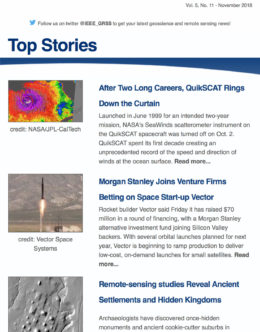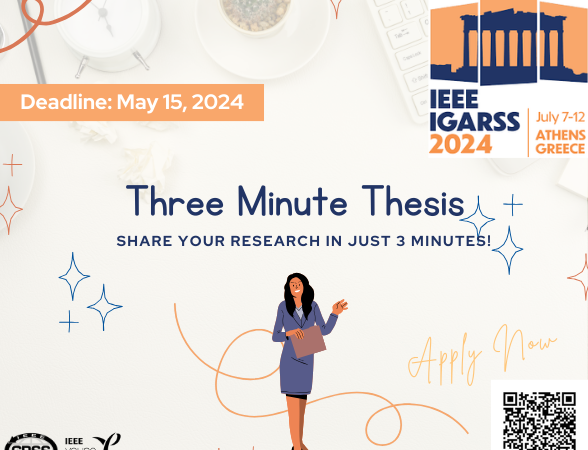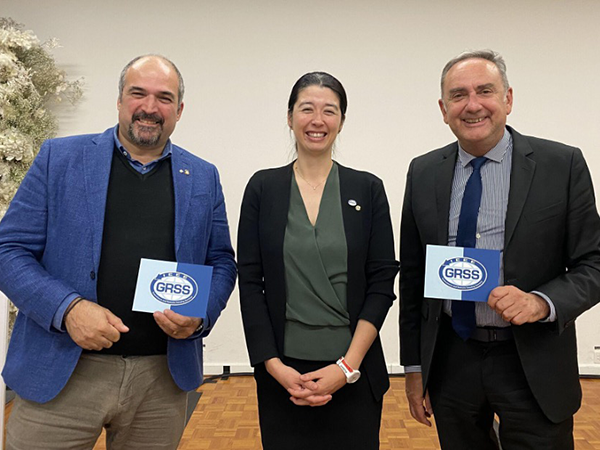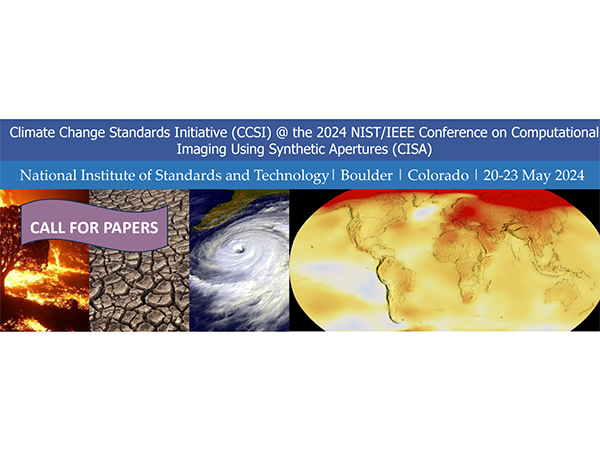October 1, 2020
Speaker: Adriano Camps, Universitat Politecnica de Catalunya-Barcelona Tech, Spain
Sponsored by GRSS
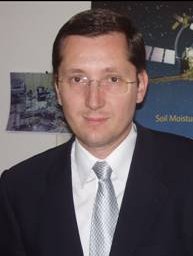
GRSS Webinar: CubeSats & SmallSats: The Game Changers
This webinar covers the technology of Cubesats and Smallsats and how they are changing remote sensing.
SPEAKER’S BIO:
Prof. Adriano Camps (IEEE Fellow 2011) was born in Barcelona, Spain, in 1969. He received the degree in Telecommunications Engineering and a Ph.D. degree in Telecommunications Engineering from the Universitat Politècnica de Catalunya (UPC), Barcelona, Spain, in 1992 and 1996, respectively. In 1991 to 1992, he was at the ENS des Télécommunications de Bretagne, France, with an Erasmus Fellowship. Since 1993, he has been with the Electromagnetics and Photonics Engineering Group, Department of Signal Theory and Communications, UPC, where he was first Assistant Professor, Associate Professor in 1997, and Full Professor since 2007. In 1999, he was on sabbatical leave at the Microwave Remote Sensing Laboratory, of the University of Massachusetts, Amherst. Since 1993, he has been deeply involved in the European Space Agency SMOS Earth Explorer Mission, from the instrument and algorithmic points of view, performing field experiments, and since 2001 studying the use of GNSS-R techniques to perform the sea state correction needed to retrieve salinity from L-band radiometric observations. His research interests are focused in microwave remote sensing, with special emphasis in microwave radiometry by aperture synthesis techniques, remote sensing using signals of opportunity (GNSS-R), radio-frequency detection and mitigation techniques for microwave radiometry and GNSS, and CubeSats as platforms to test novel remote sensing concepts. He has published over 216 papers in peer-reviewed journals, 6 book chapters, 1 book, and more than 450 international conference presentations, holds 12 patents, and has advised 23 Ph. D. Thesis students (+ 8 on-going), and more than 140 final projects and M.Eng. Theses. According to Publish or Perish (Google Scholar) his publications have received more than 7161/10706 citations, and his h-index is 39 /51 according to Scopus/Google Scholar. He was the IEEE GRSS President in 2017-2018, Technical Program Committee chair of IGARSS 2017, general co-chair of IGARSS 2020, and he has been involved in the organization of several other conferences. He has also received several awards including the EURopean Young Investigator (EURYI) award 2004, the Duran Farell award for technology transfer in 2000 and 2010, the ICREA Acadèmia research award 2008 and 2014, etc.
He is currently the Scientific Coordinator of the CommSensLab “María de Maeztu” Excellence Research Unit, he co-leads the Remote Sensing Lab (www.tsc.upc.edu/rs) and the UPC NanoSat Lab (www.tsc.upc.edu/nanosatlab). He is the PI of the first UPC nano-satellites: 1) 3Cat-1, a 1U CubeSat with 7 small technology demonstrators and scientific payloads, 2) 3Cat-2, a 6U CubeSat with the first dual-frequency dual-polarization GNSS-R payload, launched on August 15th 2016 using a Chinese LM-D2 rocket, 3) 3Cat-4, a 1U Cubesat with a software defined radio to implement a microwave radiometer, a GNSS-Reflectomer, and an AIS receiver, and 4) FSSCAT , and the Copernicus Masters ESA Sentinel Small Satellite Challenge 2017 winner and Copernicus Masters overall winner for the FSSCAT mission, the first contributing mission to Copernicus based on CubeSats (youtu.be/lQAaoYUPluA)
He was Chair of uCal 2001, member of the IGARSS Technical Program Committee since 2002, IGARSS 2007 Technical Program Committee Co-chair, co-chair of GNSS-R’10, and he general co-chair of IGARSS 2020. He was Associate Editor of Radio Science, IEEE Gesocience and Remote Sensing Letters, and he is currently Associate Editor of the IEEE Transactions on Geoscience and Remote Sensing. He was the President-Founder of the IEEE Geoscience and Remote Sensing Society (GRSS) Chapter at Spain. He has been member of the IEEE Gesocience and Remote Sensing Society Administrative Commitee since 2002, where he has been the Newsletter Editor, the web editor, VicePresident of Information Resources, VicePresident of Meetings and Symposia, Executive VicePresident, and in 2017 and 2018 President of the IEEE Geoscience and Remote Sensing Society.









